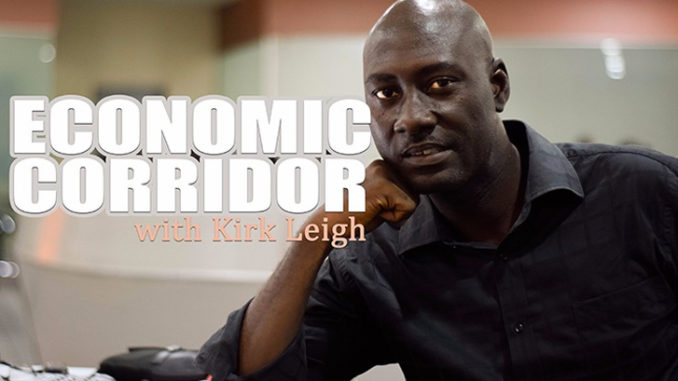
Once again, as oil prices go down, oil producing countries shiver knowing well the consequences ahead should the trend continue. They are braising themselves for the cursed existence within a boom bust pattern. Nigeria, the world’s sixth largest producer of the commodity called the Devil’s excrement in some quarters, is no less affected.
U.S. West Texas Intermediate (WTI) crude futures dropped to $52.61 per barrel and International Brent crude oil futures were down 56 cents, or 0.9 percent, at $61.52 per barrel. International Brent crude oil futures were down 56 cents, or 0.9 percent, at $61.52 per barrel. The fall is due to swelling U.S. inventories and a plunge in global stock markets amid concerns over an economic slowdown.
Prices are set to go down further as more money managers short the oil stocks. When investors invest long on a commodity, it means they expect the prices to rise but when they invest short term, they expect prices to drop. But OPEC meets today to cut supply to see prices back up. We had concluded here roughly a year ago, that oil prices may very well depend -co-operations by OPEC members to execute curbs and competition from shale oil producers to flood the market. While OPEC wants prices to rise, shale producers want the prices to drop. While OPEC curb agreements reached almost two years ago had a measure of success, US oversupply is reversing the situation.
For OPEC member Nigeria, the implications are many fold including curtailing government spending plans. The immediate effect of falling oil price is the revenue implication. Revenues would fall as immediate effect. The hope is that the price of oil it doesn’t drop as low as the production cost or what is called the breakeven price. Below this point, which is put at $31/$32 for Nigeria, the country would start experiencing losses.
According to estimates by Capital Economics analysts, every $10-per- barrel fall in oil prices and a slowdown of 1.5-2% of GDP in a country like Nigeria on an annualised basis. Nigeria’s economy grew by less than 2 percent last quarter, meaning that the economy could slip into recession once again. And the dreadful thing is that should this be the case, there’s absolutely nothing government can do about in the short term to medium term. Already, the budget benchmark of $60 for 2019 has been adjusted downward so that should there be a rebound, excess monies will go straight into savings if government is not profligate as it has always been with a boom bust spending pattern.
And since government’s flagship for revamping the economy, the Economic, Recovery and Growth Plan (ERGP) is couched on oil revenue, it may end up a pipe dream because, as government itself admitted, the price of oil is crucial to meeting the objectives of the plan. But the real message here of faltering oil price, is the old lesson that government must diversify the economy away from oil and therefore put it into a sustainable path. Low hanging fruits, apart from agriculture which is encouraged by factor endowments, would be services and transportation.
Services account for 58.8 percent of Nigeria’s Gross Domestic Product (GDP) as of 2015. It has grown 97 percent in the last ten years from 20.5 percent. Nigeria ranks 27th worldwide and number one in Africa in services’ output, according to Wikipedia.
It means that Nigeria has competitive advantage in this sector and it behoves government to help improve the sector that has driven countries like Singapore and other Asian Tigers to development. In the United Kingdom, Services accounts for 80 percent of GDP.
The prospect of a services led growth should move government to transform the country to a services hub with the financial services taking the lead. Banks have shown this is possible with their footprints all over the continent.
What I find most fascinating about this is that services form the highest stage of growth in the Rostow model of growth. Economist Walt Whitman Rostow developed a theory of stages of economic growth. He argued that the economies of all countries could be placed within one of five different stages of economic growth. The stages include traditional society, preconditions to takeoff, takeoff, drive to maturity, and age of high mass consumption. In the last stage of high mass consumption, services and consumer goods replace heavy industry as the engine or economic growth; the current state of the economies of the United States and Western Europe fall within this stage of development. If Nigeria’s services sector can be nearly 60 percent of GDP, then there is hope; government only needs to work on improving disposable income of the people to help engender mass consumption as a relatively wealthy population enjoying a high standard of living marks this stage.
Also of strong potential contribution to the country’s economic development is transportation, which includes investment in infrastructure to facilitate the use of trains whether mono or fast speed; ferries and air travel facilities. In emerging markets like Singapore and South Africa, transportation has leapfrog agriculture in terms of contribution to GDP. We can also do the same. It is only when we put the economy on such a sustainable path can we stop fretting about the boom bust nature of oil.
END

Be the first to comment